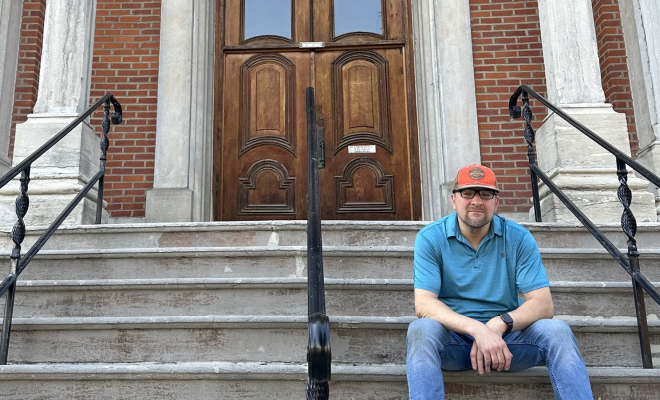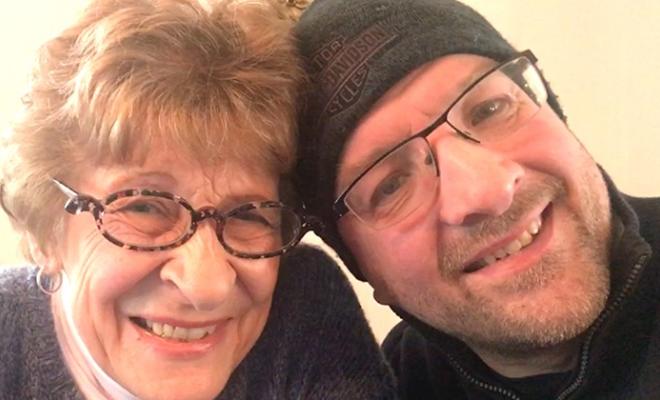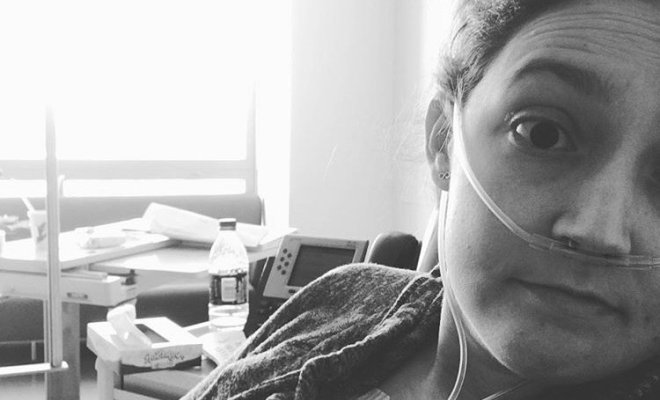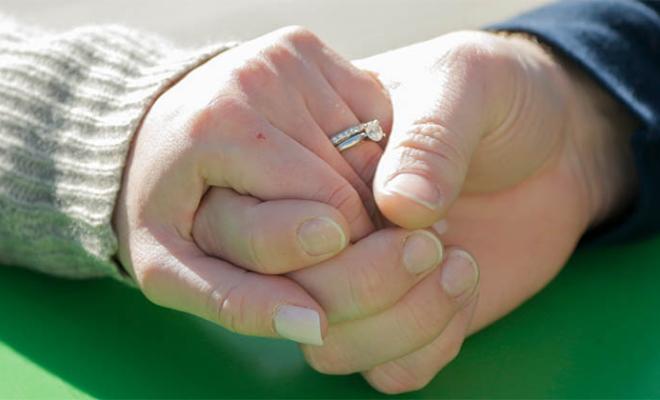Scraping by in an impoverished rural town in the foothills of the Appalachian Mountains is a tough row to hoe but having cystic fibrosis and being raised by a chain-smoking former Marine with intermittent explosive disorder in a town — aptly named Appalachian — has taken me hundreds of hours of counseling and self-help meetings to sort out. It’s worth noting that my town gained national infamy for three things: site of the largest mafia bust in history (Nov. 15, 1957), meth capital of the Northeast, and the last stop on the heroin highway.
One thing that has helped me make sense of my hardscrabble upbringing is internalizing the concept of Maslow’s Hierarchy of Needs. This holds that humans tend to prioritize their own survival first: food and shelter; second: resources and property; and third: intimacy, family, and sense of connection. If those needs are met, people are free to focus on strength, status, and self-esteem. For a family struggling for its survival, having to care for a child with CF can be a huge tax on resources, time, and energy and, therefore, is a direct threat to the family unit as well as the individuals who form it.
In my case, Maslow’s theory helped me understand why my dad, while puffing on a True 100 cigarette, cussed out the “no-smoking Nazis” at the diner while his own son coughed and gagged mere feet from his face. It also helped explain why my dad actually told my oldest brother “not to get too close to me” because I wouldn’t be around long. He also decided I alone — among his four boys — wasn’t worth the cost of braces despite my severe underbite. Similarly, as president of CF Vests 4 Life, which works with doctors in developing countries to provide basic evidenced-based CF care, I witnessed glaring examples of this, such as the time a mother with multiple children with CF obtained a vest from us, which we later discovered she sold on the black market.
One of my greatest strengths throughout my adult life has been my willingness to — in the most emotionally neutral, objective way possible — understand the value — or lack thereof — that I hold as a CF patient within various systems: family, school, community, state, nation, and the world. As hard as it may be to hear, a 2019 study found that 158 of 167 pregnancies were terminated after in utero testing for CF was positive. To further illustrate this, when I was at the Department of Health, I drafted a position paper that demonstrated that the cost of providing Trikafta® for five years to all eligible U.S. CF patients was on par with the cost of the Federal share of the entire Child Health Plus program, which insures more than 12 million children annually. The severe conditions of worth placed on me as a child — coupled with my awareness of the harsh realities I have described — may lead the reader to wonder how I overcame the profoundly devaluing experiences of my upbringing and — more poignantly — how do we all as CF patients vie in a world that views our disease and — by extension — us as a liability?
I personally tried many voluntary and involuntary strategies that are worth noting. First as an infant and toddler, I threw tantrums all the time and acted out in ways that were both humorous and taxing according to my mom, including dumping my food, throwing and smearing my feces, and — inexplicably — escaping my crib multiple times. As I approached my teens — hopeless about my life and overwhelmed by my disease — I began drinking and using drugs to cope. After being put on probation by my mid-teens and as I was building a juvenile rap sheet, I consistently cried poor me to judges and my probation officer while I continued to violate the law.
After getting sober at the age of 18, I was forced to face life with honesty and humility, and I won’t lie, it hurt like hell, but after countless hours of individual counseling, group therapy, and self-help meetings, I finally came to a rather simple conclusion. While it was certainly true that I hated so much of what happened to me and the way I was treated by so many including my own family, I hated the person I had become exponentially worse. So, after I got sober, I set my sights on fixing my most debilitating character defects, including self-pity, entitlement, jealousy, and anger. Along the way, I ended up becoming a psychologist. This enabled me to rigorously and objectively study psychological and emotional adjustment, medical trauma, and addictions in CF to help make sense of not only my own life, but also that of my fellow warriors who I hoped to help through my efforts.
My childhood was dominated by meeting my lower-order needs on Maslow’s hierarchy as it is for most people. This is particularly true for those of us who have had the misfortune of fighting CF in an impoverished rural town raised by a family who viewed them as a threat to meeting their own lower-order needs.
However, through God’s grace, willingness to face my dragons, constant striving for greater self-awareness, and — most importantly — being intentional about learning how to better love others and the world around me, I matriculated along the continuum of Maslow’s hierarchy. Despite having advanced lung disease, which means prioritizing my therapy vest, nebs, and meds daily, I also strive to count my blessings and be a blessing to others daily.
Although it is hard juggling all the things I must do to survive, particularly when I am sick, I make sure to intentionally prioritize meeting Maslow’s higher-order needs, such as intimacy, a sense of connection, and self-actualization. This is particularly true in my role as the president of an international organization that serves severely impoverished CF families fighting for survival in places that make the Appalachian Mountains seem like the gilded Hollywood Hills.





